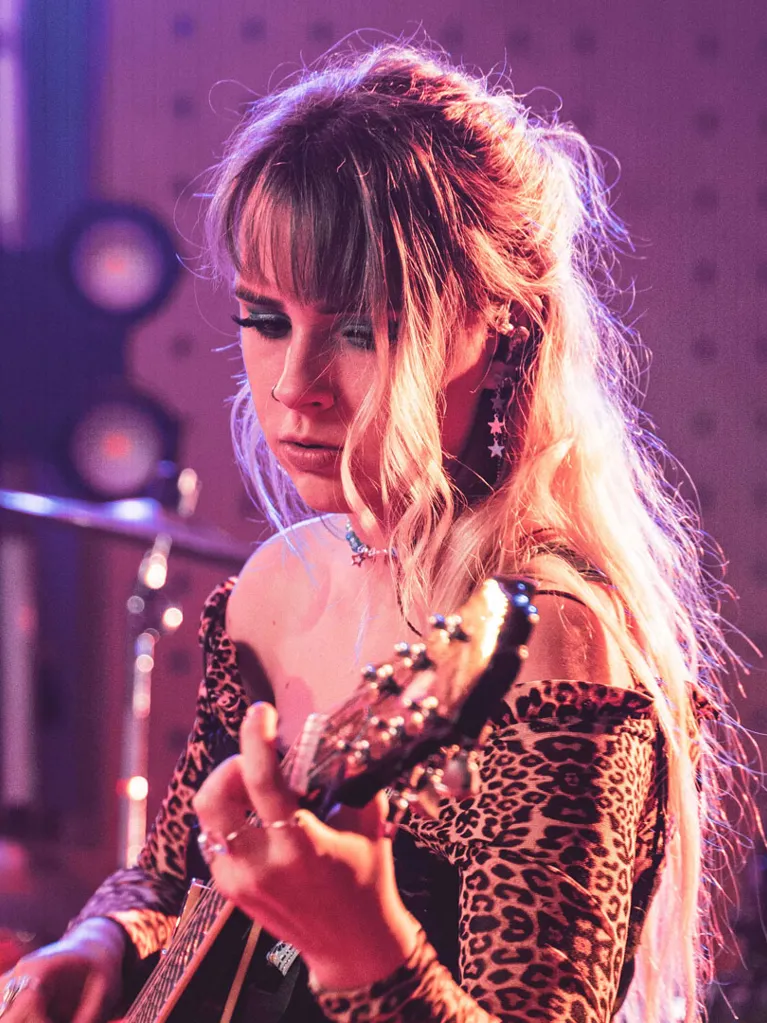Standing centre stage, crowd roaring, bass pumping, the lights come up… Making it as a musician doesn’t have to be a fantasy – make it your reality... Become a complete performing musical package with a JMC Bachelor degree.
Evolve your music writing, music technology and live performance skills under the tutelage of some of the best teachers and performers in the music industry. You will receive weekly one-on-one private lessons on your major instrument to improve your technical facility, musicality, and performance skills, and at the end of the major this will culminate into a large-scale major project, which could contain elements of recorded performance as well as a live recital.
Write and perform the music for an app, a game, or the soundtrack to a film - and collaborate with JMC students in other fields on industry projects while building a creative network you can rely on throughout your career. Learn about how to navigate the music business, and how to identify professional opportunities. Master multi-platform performance skills, mixing techniques and recording, produce and arrange for ensembles while expanding your knowledge of repertoire; and undertake your own specialist project that will see you performing a major gig to a live audience.
Why Study Music Performance at JMC?
Technology & Facilities
Designed for recording high-quality demos and mastering performance, our studios feature ProTools, Logic, Ableton Live and Native Instruments, along with MIDI keyboard controllers and monitors, top of the range microphones and over 30 (national) fully fitted rehearsal studios and performance spaces equipped with digital and baby grand pianos, drumkits and an array of amplifiers.
Duration
In only 2 years you can graduate with a Bachelor degree thanks to our accelerated full-time course. Part-time study is also available to domestic students. International students may choose to complete the course in 3 years [058463A] rather than the accelerated 2 year option.
Students who have successfully completed 4 trimesters of the Bachelor programme may successfully graduate with an Associate Degree qualification.
Study Abroad
During your time with us you'll get the opportunities to participate in international masterclasses, study tours, and music and songwriting camps. JMC Music Students can apply for the international Songwriters Camp at Haarlem Conservatory in the Netherlands, Nandos Music Exchange in London or the JPop study tour in Japan.














